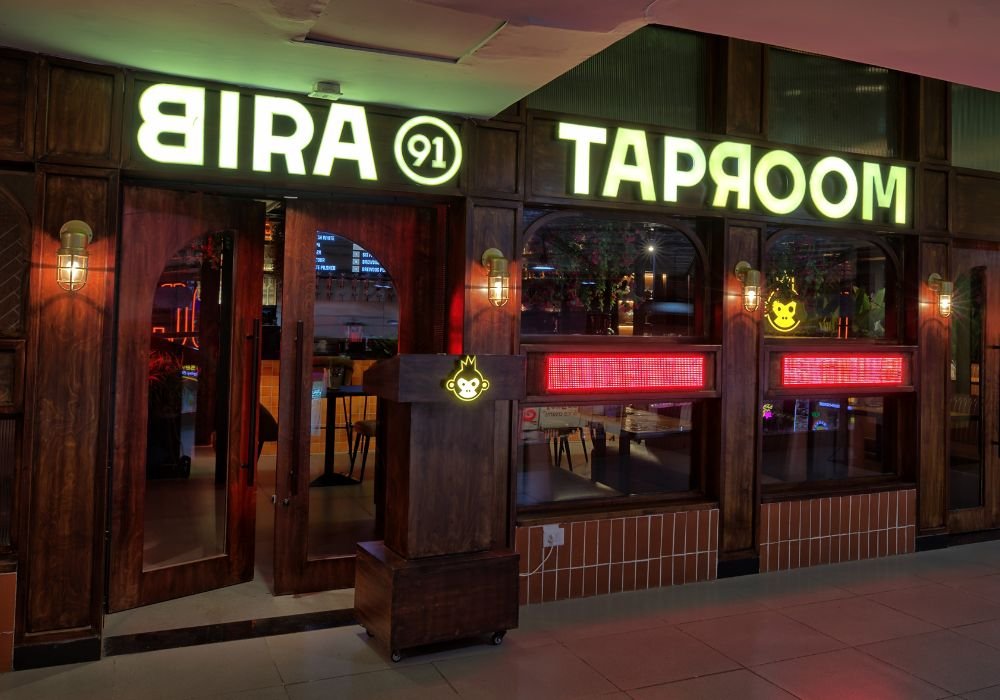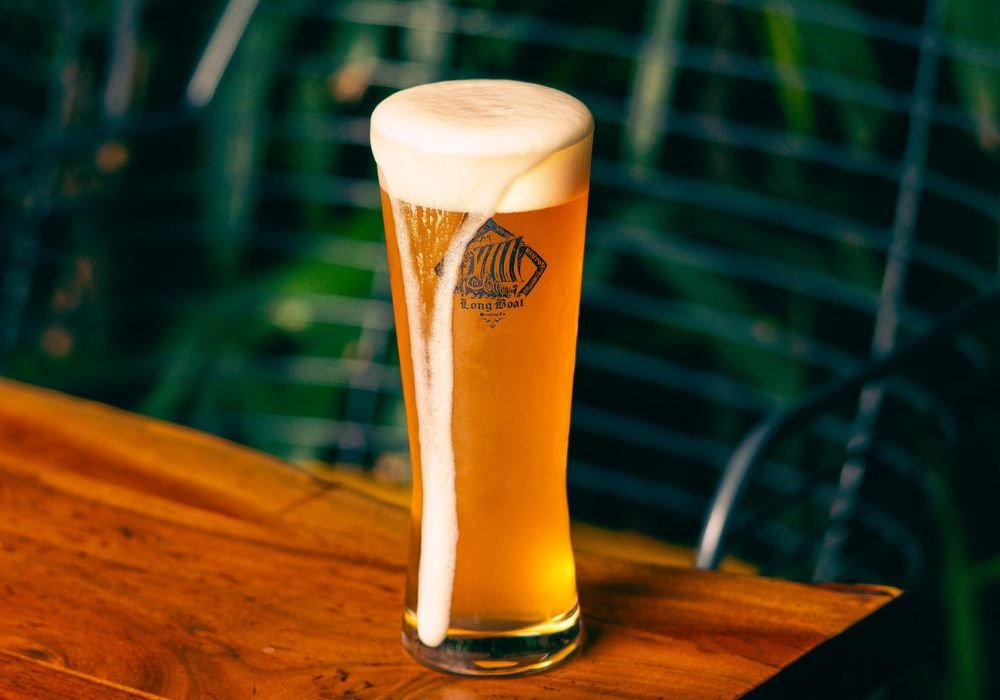Craft Beer Branding: The Key to Standing Out in a Growing Market

Craft beer has become increasingly popular in recent years, resulting in a crowded and competitive market. To stand out and build a strong brand presence, craft beer breweries can employ several effective branding strategies. Here are some key branding strategies to consider:
Authentic Storytelling
Craft beer enthusiasts appreciate the story behind a brand. Share the unique history, inspiration, or brewing process that sets your beer apart. Use compelling narratives on your packaging, website, and social media platforms to create an emotional connection with consumers.
Unique Brand Identity
Develop a distinct brand identity that reflects your brewery’s values, personality, and target audience. This includes creating a memorable logo, eye-catching labels, and consistent visual elements that differentiate your brand from others.
Creative Label Designs
Craft beer labels are an excellent canvas for creativity and self-expression. Engage talented artists or graphic designers to create visually striking and distinctive labels that catch consumers’ attention on store shelves. Consider innovative printing techniques or special finishes to enhance the visual appeal.
Engage with the Community
Craft beer enthusiasts appreciate local and community-driven initiatives. Participate in local events, sponsor community activities, or collaborate with other local businesses to showcase your brand’s commitment to the community. Engaging with the local community fosters loyalty and word-of-mouth marketing.
Consistent Quality
Maintaining consistent quality is crucial to building a strong brand reputation. Craft beer drinkers value the unique flavours and quality of the product. Ensure that your brewing process, ingredients, and quality control measures are consistently delivering a high-quality product.
Innovative Flavours and Styles
Experiment with unique and innovative flavours and beer styles to pique the interest of beer enthusiasts. Offer limited-edition or seasonal brews to create a sense of exclusivity and anticipation among consumers.
Engaging Social Media Presence
Utilise social media platforms to engage with your audience, share behind-the-scenes content, and build a community around your brand. Encourage user-generated content and actively respond to customer feedback and inquiries.
Brewery Tours and Tastings
Inviting consumers to experience your brewery firsthand through tours and tastings can create a lasting impression. It allows them to connect with your brand and gain insights into the brewing process while developing brand loyalty.
Collaborations and Partnerships
Collaborate with other breweries, local businesses, music bands, or food brands to create unique products or events. These partnerships can expand your reach, attract new customers, and generate buzz around your brand.
Earlier this year, Bira 91 partnered with 5 IPL teams this season serving as an official partner for Mumbai Indians, Delhi Capitals, Royal Challengers Bangalore, Sunrisers Hyderabad, and Kolkata Knight Riders. Similarly, BLR Brewing Co. collaborated with Great State Aleworks to create a unique beer to celebrate the rich flavours of South India and Brewdog collaborated with Paul and Mike to create Flavourful Mango IPA beer-inspired chocolate.
Environmental Sustainability
Showcasing your commitment to environmental sustainability can resonate with environmentally conscious consumers. Use eco-friendly packaging materials, minimise waste, and support local sustainability initiatives to differentiate your brand in the market.
Bira 91, Gateway Brewing Co, Simba, Geist & Arbor Brewing Company are actively working toward sustainability by focusing on energy conservation, water management, waste reduction, and sourcing practices. By integrating these sustainable practices into their operations, they demonstrate their commitment to environmental responsibility and inspire other breweries to follow suit.
Conclusion
Always keep in mind that building a successful brand in the craft beer sector necessitates a blend of sincerity, originality, consistency, and in-depth market knowledge. By implementing these strategies, you can differentiate your craft beer brand and stand out in the market.



